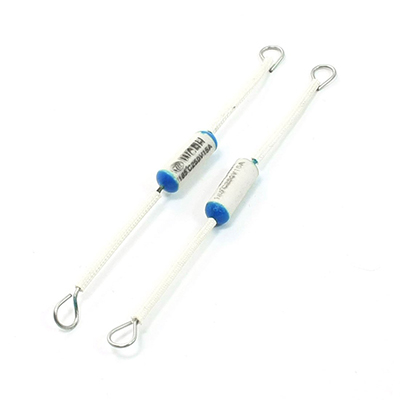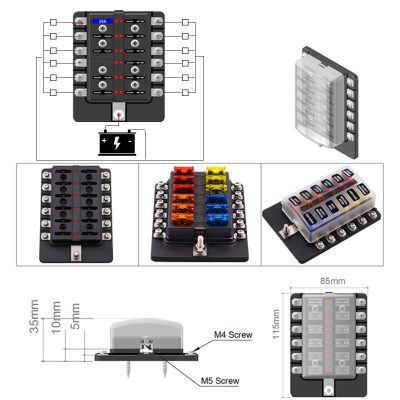The Critical Role of 120-Degree Celsius Activation Temperature in Automotive Thermal Fuses for Enhanced Vehicle Circuit Safety and Reliability
News 2025-10-27
Automotive thermal fuses are essential safety components designed to protect vehicle electrical circuits from overheating. These devices, specifically those with a 120℃ activation temperature, interrupt the circuit when excessive heat is detected, preventing potential fires or damage. In modern vehicles, where electronic systems are increasingly complex, such fuses play a vital role in maintaining operational integrity. The 120℃ activation point is particularly chosen for applications where moderate temperature thresholds are critical, offering a balance between sensitivity and durability in automotive environments.

Key Applications in Vehicle Systems
In automotive engineering, thermal fuses with 120℃ activation are widely used in various circuits to safeguard components. For instance, they are integral in engine control units, battery management systems, and lighting assemblies, where heat buildup can occur due to high current loads or environmental factors. These fuses ensure that in scenarios like engine overheating or electrical shorts, the circuit is disconnected swiftly, protecting sensitive electronics and enhancing overall vehicle safety. Their compact size and easy integration make them ideal for space-constrained areas in cars, trucks, and electric vehicles.
Performance Advantages and Reliability
Thermal fuses activating at 120℃ offer superior performance through precise temperature sensing and rapid response times, typically under a second. This ensures minimal damage during thermal events, with materials chosen for high resistance to vibration and corrosion in automotive settings. Compared to other protective devices, they provide cost-effective reliability without the need for external power, adhering to standards like ISO 8820. Their one-time use design guarantees fail-safe operation, making them a preferred choice for manufacturers focused on long-term vehicle durability and reduced maintenance.
Frequently Asked Questions
1. What is a thermal fuse in automotive contexts?
A thermal fuse is a safety device that opens an electrical circuit when a specific temperature is reached, protecting against overheating in vehicle systems.
2. How does the 120℃ activation temperature function?
It activates by melting an internal link at 120℃, breaking the circuit to prevent further heat damage and ensuring system safety.
3. Where are these thermal fuses commonly installed?
They are typically found in areas like engine compartments, battery packs, and wiring harnesses to monitor and protect against thermal risks in vehicles.


